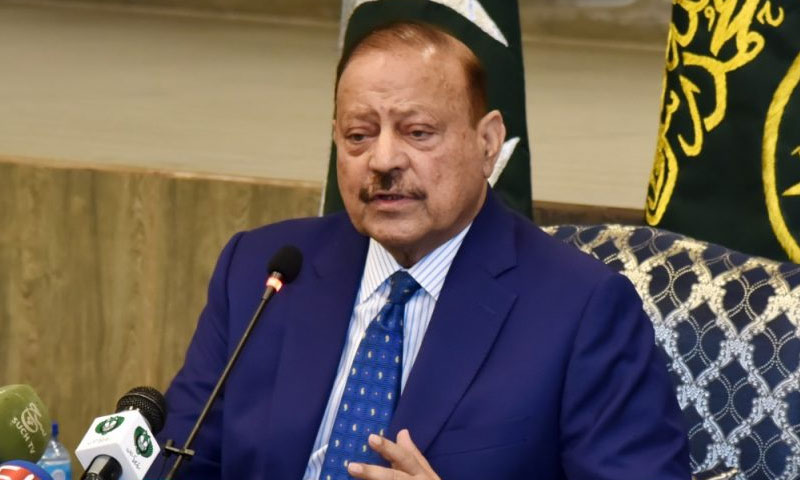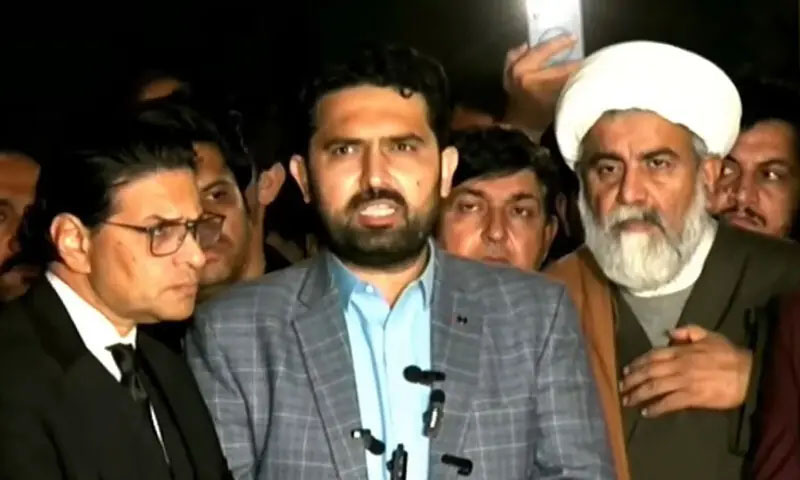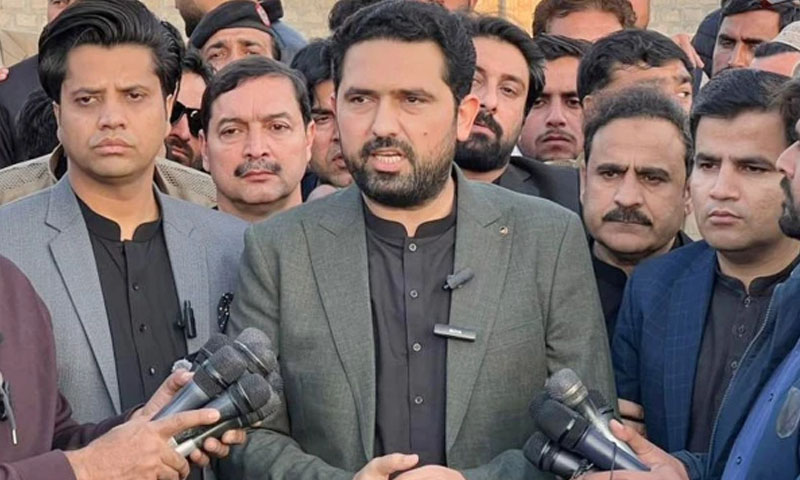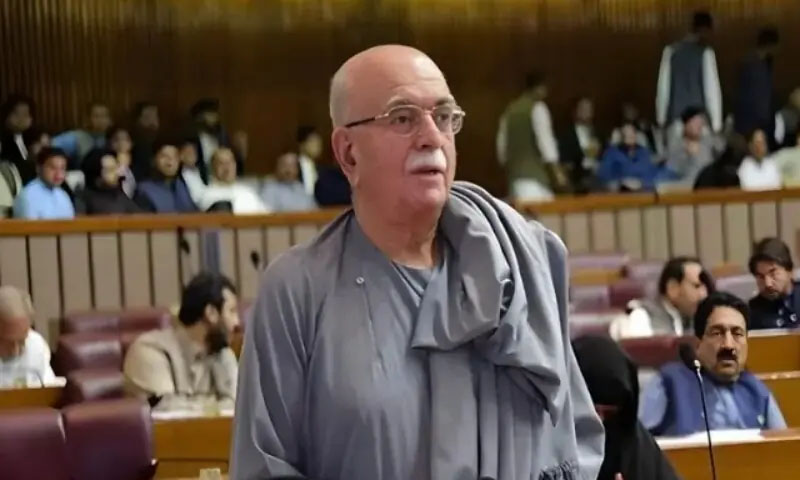- Web Desk
- Jan 31, 2026
Graft cases brought back to court
-

- Hum News
- Sep 22, 2023
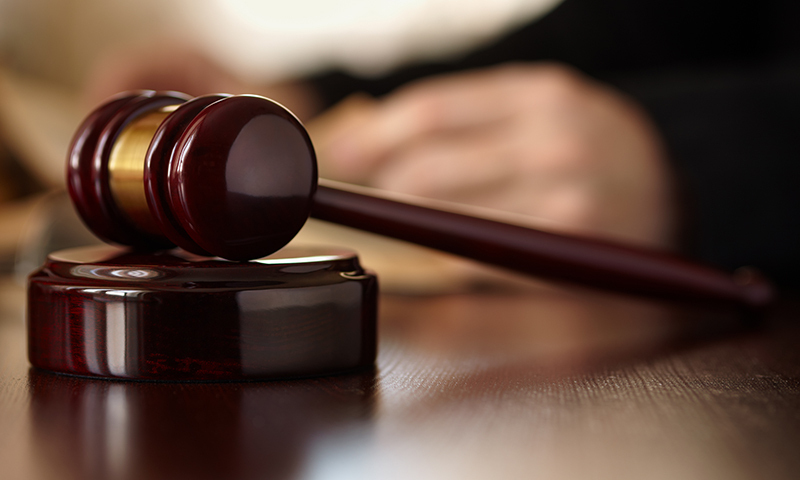
ISLAMABAD: Cases that had previously been closed due to amendments made in the National Accountability Ordinance (NAO) during the tenure of the Pakistan Democratic Movement (PDM) government have been resurrected by accountability courts.
According to Dawn.com, the decision follows the Supreme Court’s (SC) annulment of the amendments last week.
A bench of the apex court, led by former Chief Justice of Pakistan Umar Ata Bandial, rendered the amendments void on September 15 and directed the National Accountability Bureau (NAB) to reinstate the closed cases within seven days.
According to NAB sources, these cases have now been returned to accountability courts in Islamabad, Rawalpindi, and Quetta. NAB prosecutors have already submitted records for 80 cases to the accountability court in Islamabad.
It’s noteworthy that changes in the law had previously restricted NAB’s jurisdiction, leading to the transfer of judges in two accountability courts.
Read More:
Among the cases now revived and transmitted to local accountability courts are the Park Lane case involving Pakistan Peoples Party (PPP) leader Asif Ali Zardari, the Universal Services Funds case implicating former Prime Minister Syed Yousaf Raza Gilani and others, the Rental Power Projects case against National Assembly Speaker Raja Pervaiz Ashraf, and the case concerning Farzana Raja, former chairperson of the Benazir Income Support Programme.
Meanwhile, references against former Prime Minister Shaukat Aziz and cases related to fake accounts involving Zardari and Omni Group’s directors are also reinstated.
The Supreme Court’s order stated: “The NAB and/or all other fora shall forthwith return the record of all such matters to the relevant fora and in any event not later than seven days from today, which shall be proceeded with in accordance with law from the same stage these were at when the same were disposed of/closed/returned.”
The court clarified that certain sections of the amendments, such as Section 3 of the Second Amendment regarding Section 5(o) of NAO, setting the minimum pecuniary threshold of NAB at PKR500 million, and Section 2 of the 2022 amendments pertaining to Section 4, which created exceptions for public office-holders, were declared void ab initio.
Additionally, the phrase “through corrupt and dishonest means” in Section 9(a)(v) of the NAB ordinance and its Explanation II were struck down for references filed against elected holders of public office. Section 14, which allowed the accountability court to draw different evidentiary presumptions against the suspects, was also omitted.
Furthermore, Section 21(g) of NAO was restored from the date of the commencement of the First Amendment. This section allowed evidentiary material transferred by a foreign government through Mutual Legal Assistance as evidence. Consequently, Sections 10 and 14 of the First Amendment were declared void.
As a result, the judgement declared, “all orders passed by the NAB and/or the Accountability Courts placing reliance on the above sections are declared null and void and of no legal effect.”

